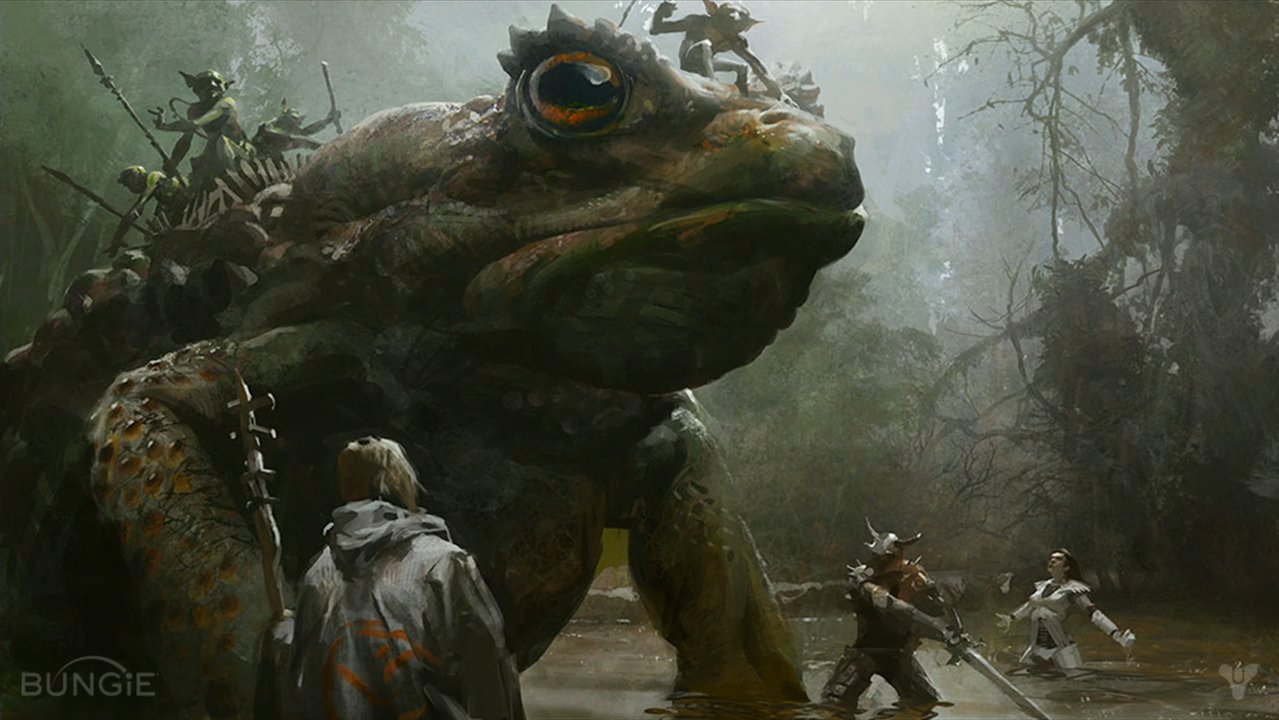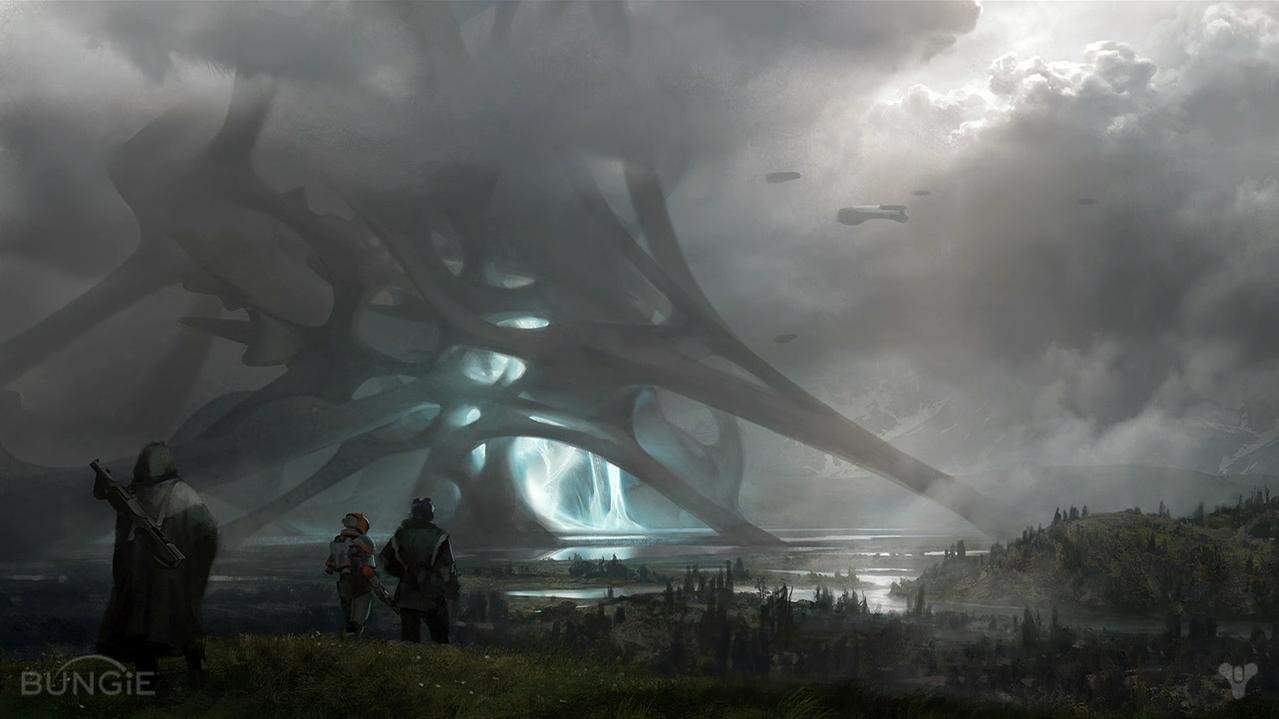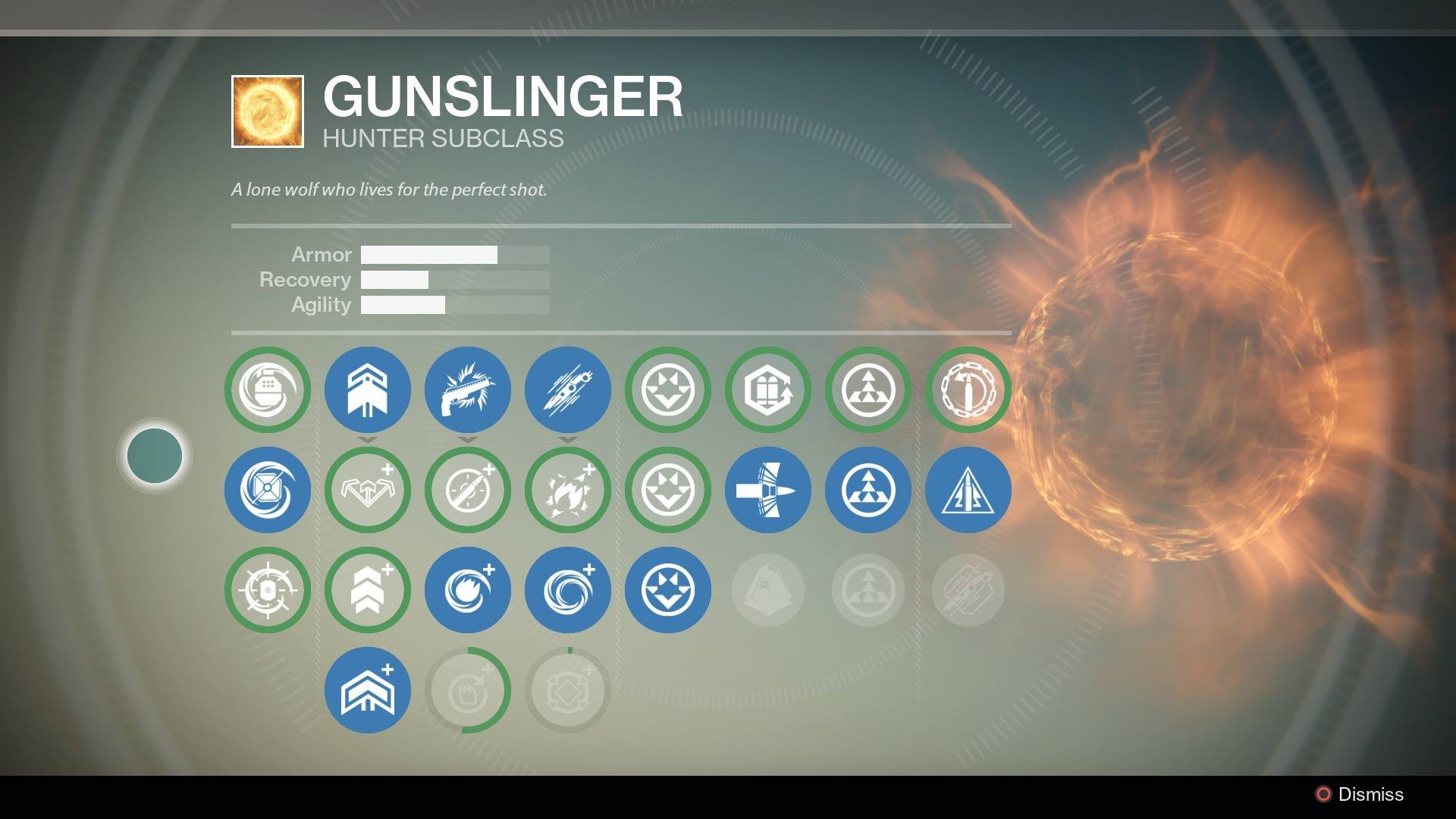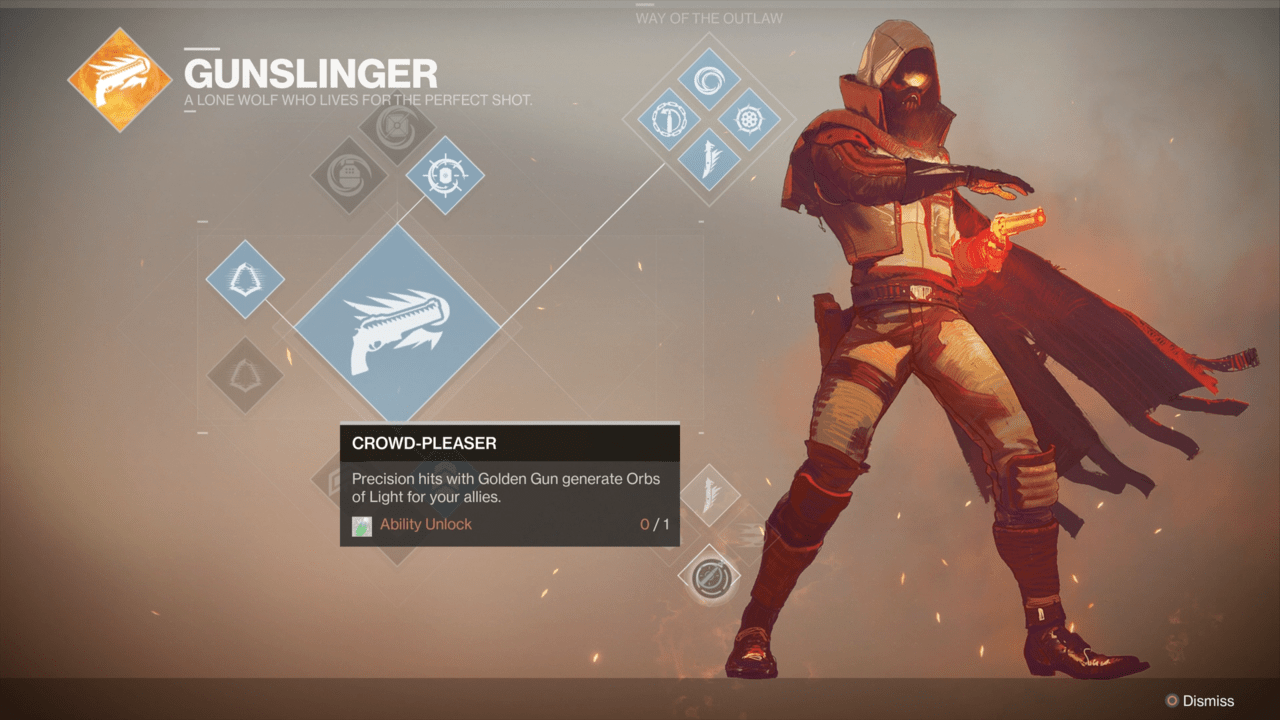Why I'm Walking Out on Destiny 2
I consider myself among the top 15% of Destiny players. Not in terms of skill, but as part of the tight-knit community that plays for hours each week and dives into the end-game content. To give you an idea of what that looks like: I put 600 hours into Destiny, and (at the time of this review) almost 100 hours in Destiny 2. And that is nothing compared to some of my friends online.
But beyond time spent in-game, I’ve listened to well over 200 hours of Destiny-focused podcasts. I've also watched an equal amount of video content (gameplay footage, Twitch streams, community commentary, etc.). I joined the Ghost Stories community, a show created to dive into Destiny’s hidden and largely-underdeveloped lore. And I founded an in-game clan where SciFi buffs, FPS gurus, and friends can get into the game together.
I’ve spent more than 3 years of my life with Destiny as a core piece of my weekly schedule. But that’s all going to change within the coming weeks, and I can hardly believe it.
Design decisions
One of my friends has spent the last month daydreaming about ways to improve Destiny 2. Our discussions might be ways to enhance the mechanics (such as new weapons that control threat, or “aggro”). Or ways to strengthen the core systems (class-specific missions and plotlines). Or different ways to provide meaningful weapons and armor (high-level exotics that offer new “roles” for players within the end-game content).
I love those ideas. I’ve been pretty open about the fact that I’d love to try my hand at narrative design; finding someone to brainstorm with has been refreshing. But the hard truth is that we both want the game to become something it isn’t. And that’s a fact that has slowly grown to overshadow the game’s many strengths (which I addressed in my review).
Everyone I know loved the original Destiny for the same reason: it’s a phenomenal FPS built onto an RPG framework. I won’t dive too deeply into the first game’s tumultuous development (that’s a topic that deserves an entire editorial column), but suffice to say that Bungie left the Halo franchise with the idea of building a third-person fantasy game and ended up releasing something very different.
A tale of two games
At its conception, Destiny began life as a fantasy RPG adventure, which you can clearly see in the concept art below. A lot of Bungie’s original ideas and themes carried over into Destiny, which evolved into a kind of “space fantasy” that hybridized FPS mechanics, RPG systems, and an MMO environment. The game was hugely successful, but at a cost—the many changes during development resulted in a complete narrative overhaul within the final 12 months of production.
In September 2014, Destiny launched with little content and even less in-game story. Most of the lore (which, to be fair, could rival Mass Effect’s codex system) came in the form of grimoire cards that could be collected in game…but only accessed and read on Bungie’s website. As a result, only the tiniest fraction of players actually sought out that information; those who did created new ways of sharing it, such as communities like Ghost Stories or the Ishtar Collective.
Groups like these literally carried Destiny’s community through its early years, promoting the game to friends and uncovering histories and theories that seemed disproportionately excellent compared to the actual game’s story. These different third-party groups helped solitary Guardians find a sense of camaraderie within the Destiny, building friendships and joining clans and finding the exact type of cooperative experience that Bungie had promised.
But, sadly, all of that changed. With Destiny 2, Bungie went to great lengths to excise the deep and provocative lore from the game. And that says nothing about the way the developer cleaned out the RPG elements in favor of a competitive FPS scene to attract casual players.
Just compare and contrast the flexibility of Destiny’s class system (left) with the slick, streamlined version in Destiny 2 (right):
Roleplaying is more than just choosing a character archetype and subclass, or every popular FPS would fit that bill. Destiny managed to implement deeper systems that provided a rich cooperative experience that players could enjoy for well over 1,000 hours, always finding new secrets and seeking “better” gear; Destiny 2 is a cleaner but shallower experience. It's now reminiscent of Halo, Titanfall, and Call of Duty, skipping many pieces the community loved in the first game.
Bungie removed the things that allowed Guardians to create specialized roles for themselves and collect gear supporting that role. These were foundational elements in the game’s longevity because they added variety and flexibility to the difficult end-game content. (They also helped Guardians feel uniquely tailored to each individual gamer; that was the core tenet of Destiny: “Become Legend” as you guide your hero across a 10-year experience.)
A long retrospective
Destiny 1 earned comparisons to MMOs like World of Warcraft—a fact that clearly got under Bungie’s skin. The developer said countless times during development (and after launch) that Destiny is a “shared-world shooter,” not a massively-multiplayer online game. At times that insistence bordered on comically petulant.
To be clear, Destiny’s design built on the principles of MMOs but deviated from many of the things that defined that genre. But many MMO elements—like multi-stage raids and loot grinds—became Bungie’s “design pillars” for the series. For anyone who spent time with Destiny, the game was undoubtedly a combination of the two genres, an “MMOFPS". (And no matter how badly Bungie wants to feel unique and innovative, most of the industry agrees with that assessment.)
In light of what the first game was (and Bungie’s desperate desire to get away from the MMO comparisons) Destiny 2 gave the developer an opportunity to shift gears. However, in doing so, they also removed 95% of the RPG elements within the series. In their pursuit of building a broader community, Bungie lost sight of what set Destiny apart from Halo, Titanfall, and Call of Duty; instead, they successfully created another competitive FPS with a mediocre narrative but excellent production value.
In the end, that’s what Destiny 2 really boils down to. It's a multiplayer game with a story that retracted or rewrote a lot of what made Destiny 1 so endearing and mysterious. And while it has superb gameplay, its lackluster pile of repetitive content lost its savor after one month.
While Destiny 2 is a much better game than its predecessor, it's far from what I wanted the series to be. More importantly, it's far from what Destiny 1 promised it could be.
I have a hard time understanding why Bungie took such a hard turn with the series’ direction. They spent three years building relationships with devout players who stuck by them through Destiny 1’s controversial launch. This group (of which I was a proud member) was made up of the most committed fans, the ones who loved the MMO-lite experience. The ones who invested into its fusion of RPG elements and FPS gameplay.
Yet, in spite of all that, Bungie has openly said that Destiny 2 is catered for new players. It's now a game built to entice casual players rather than affirm the faith of the longtime supporters who endured all of the content droughts.
In the community’s best interest
I’m not an ignorant and entitled gamer. I understand that Bungie is a business, first and foremost. Yes, the developers are passionate gamers; yes, they take great pride in their work; and yes, they’re industry veterans who want to push the envelope on a daily basis. But the studio needs to keep one eye on their product and one eye on the profit margin. They want to continue making games, and creating semi-annual expansions for a blockbuster AAA franchise costs tens of millions of dollars.
However, the gaming community reveres Bungie; the studio is known for being community-centric and maintaining a strong presence on social media and forums. But the other half of that relationship is the group of gamers who elevated Destiny into a game. It was the Guardians of Destiny who built the series’ positive community spirit, a thing that’s all too rare in gaming (and really any modern social structure).
As a fan who has loved all of Bungie’s endeavors for most of my life, it feels like Bungie took my support for granted. The studio’s expressed vision for Destiny shows that they’re expecting returning players to continue carrying that load. But it's hard to believe that while Bungie draws away from the things that kept those people coming back day after day, week after week.
Melodramatic or not, it feels like Bungie is leveraging existing players to draw in a crowd of fresh faces and full wallets. And they aren’t afraid to risk their most loyal fans in the process. Perhaps the most concerning part of this is that I'm far from the only community member to voice those concerns,. (And I'm certainly not the most vocal either.)
As a series, Destiny has slipped from a title I play almost daily to a game. Now it's something I’ll be shelving for months at a time, if not longer. And while that's a hard truth to accept, I can’t imagine Bungie changing directions with future content releases.
The pieces that gave Destiny 1 its longevity and personality are gone. And while I appreciate the level of polish and technical mastery in Destiny 2, it’s just not a game I feel compelled to continue playing.





